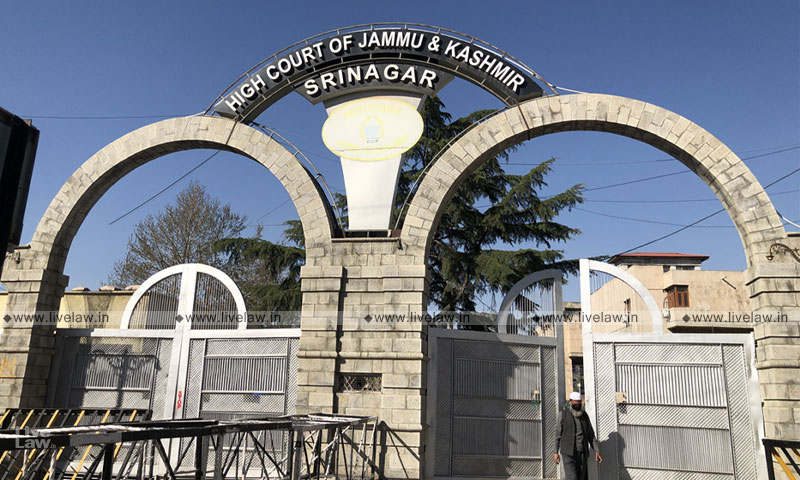


The Jammu and Kashmir in the case Madhu Bakshi Vs ACB Kashmir observed and has clarified that while the police may seize a passport under Section 102 of the Code of Criminal Proceeding, CrPC, thus, the impounding can only be done by the Passport Authority under Section 10(3) of the Passports Act.
The bench headed by Justice Sanjay Dhar was hearing the two plea moved by Raj Singh Gehlot and Aman Gehlot, wherein it challenged the order of the Additional Special Judge, Anti-corruption, Kashmir Srinagar.
In the present case, the application is filed by the petitioners wherein seeking release of their passports had been dismissed.
The said case revolved around the alleged misappropriation of Rs.35 crores out of a loan amount of Rs.100 crores disbursed to M/S APHL.
The court stated that during the investigation, the Anti-Corruption Bureau conducted a search at Raj Singh Gehlot’s residence, which results in the seizure of the passports of both petitioners.
The bench headed by Justice Dhar in the case observed and has noted that the Investigating Agency had not forwarded the passports of the petitioners to Passport Authority for impounding nor was it the desire of the respondent Investigating Agency to have the passports of the petitioners impounded.
the bench of Justice Dhar in the case observed and emphasized that while the police have the power to seize passports as stated under Section 102 of the Code of Criminal Procedure, CrPC the authority to impound them lies solely with the Passport Authority under the Passport Act.
The court also referred to the case Suresh Nanda vs. Central Bureau of Investigation that if the police seize a passport, which it has power to do under Section 102 of Cr. P.C, thus, the same must be sent to the Passport Authority clearly stating that the seized passport deserves to be impounded for one of the reasons mentioned in Section 10(3) of the Passports Act, whereafter the Passport Authority would decide whether or not to impound the passport.
The court while considering the facts and circumstances of the case observed and has directed the respondent to release the passports of Raj Singh Gehlot and Aman Gehlot after retaining photocopies.
Accordingly, the court allowed both the pleas.